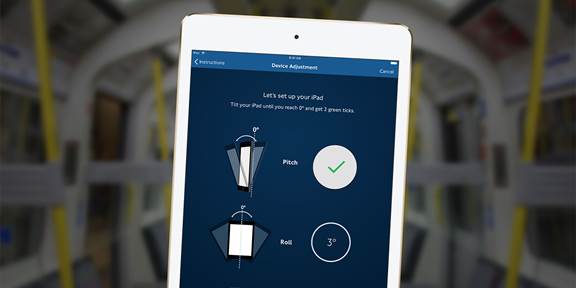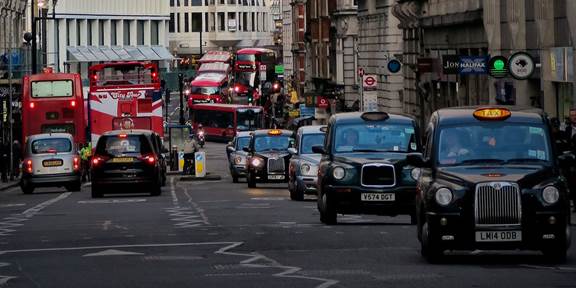At Kin + Carta, we exist to build products and services that make the world work better and add new value - for businesses, and everyday people like you and me.
Over the past seven years, one particular industry has given us tremendous scope and opportunity to achieve that: transport, or, as we will refer to it in this post, mobility.
Mobility comprises the companies, bodies, products and services that help people get from A to B and in so doing, directly affect our social and economic lives at a local, national and even global scale.
Mobility providers operate in a dynamic and complex space, and, for the first time in history, most of the world’s population live in urban environments. Urbanisation, combined with the supercomputers in our pockets, are changing the way our cities and their inhabitants move.
Over the last seven years, we have built many products for mobility digital transformation in one of the greatest test labs in the world - London. Our ancient, complicated and fabulous city combines some unique challenges, like an ageing Victorian infrastructure combined with the exciting possibilities of a vibrant start-up scene and with high tech adoption.
Londoners themselves are highly mobile, taking an average of 781 trips a year, totalling 2 full weeks of their time spent just getting from A-to-B. Mobility services in our capital, therefore, are so closely interconnected to a unique physical environment, and the behaviour of the people within it, that we believe these services cannot be designed or even upgraded in isolation.
It’s no good, for example, building a journey planning app from the comfort of an innovation lab. Instead, we believe that to deliver transformative results, services must be designed in the context where they will be used, with the people who use them - and you must always be ready to pivot, adapt and test for the best solution. At Kin + Carta, we often think of this as building products ‘in the wild’ - and you can read more about it here.
Below are three examples of how we have used this approach when helping our clients rethink mobility digital transformation in one of the world’s greatest cities.
Empowering the people who keep London moving
London’s public transport infrastructure is essential to life in the city, and it is the primary way Londoners, tourists and visitors get from A to B - the annual number of passengers is a staggering 1.34 billion. This complex system has over 30,000 people working round the clock to keep London moving.
Most of this workforce can be found in the stations, trains and buses that we use daily. For them, the power, ease, and accessibility of mobile is transforming the way they work. To date, we have successfully shipped nine products for Transport for London that help staff across every aspect of the organisation serve the public more efficiently.
To really understand the day-to-day issues that can occur when keeping an entire transport network like London’s working, we get out into the field as much as possible with frontline TfL staff. For our product teams, this first hand direct experience is essential, and always identifies a range of real world challenges and opportunities that simply cannot be seen from a collaboration hub, or from an office window.
A good example of this took some of our team deep beneath London, into the sprawling Underground. We developed an iPad app (shown below), currently in pilot phase and known as Decelerator, that could accurately test the brakes on a Tube train - back in Kin + Carta, the users we tested with loved its simplicity.
However, it was only in the tunnels that the flaw in our interface design emerged.
The bright light of the original screen reflected off of the train windscreen, causing a lot of glare that would have been unsafe under normal conditions. We were quickly able to change to a new, darker design that was much more fit for purpose and ready for immediate testing.



